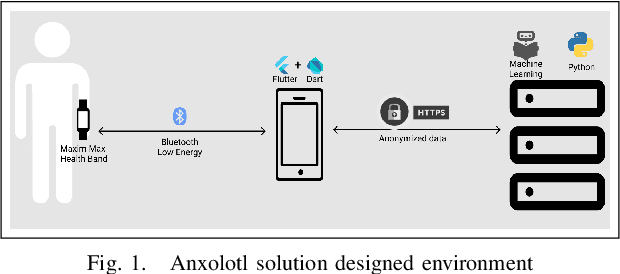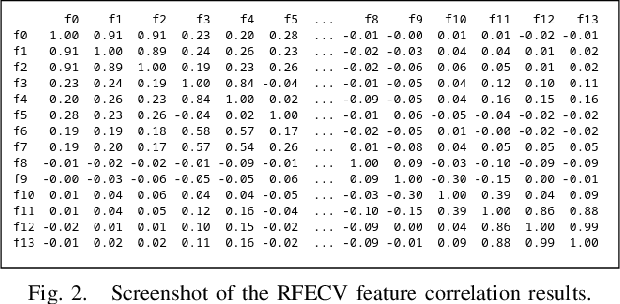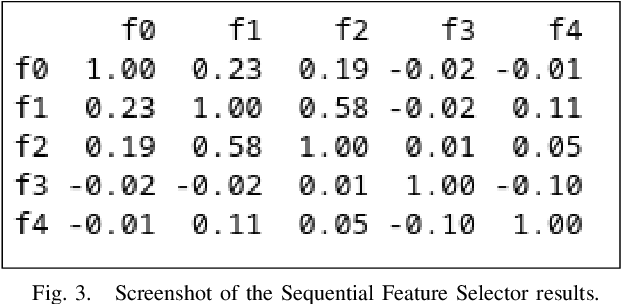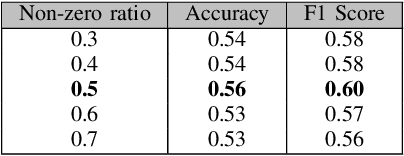Pedro Santos
Secure Visual Data Processing via Federated Learning
Feb 09, 2025



Abstract:As the demand for privacy in visual data management grows, safeguarding sensitive information has become a critical challenge. This paper addresses the need for privacy-preserving solutions in large-scale visual data processing by leveraging federated learning. Although there have been developments in this field, previous research has mainly focused on integrating object detection with either anonymization or federated learning. However, these pairs often fail to address complex privacy concerns. On the one hand, object detection with anonymization alone can be vulnerable to reverse techniques. On the other hand, federated learning may not provide sufficient privacy guarantees. Therefore, we propose a new approach that combines object detection, federated learning and anonymization. Combining these three components aims to offer a robust privacy protection strategy by addressing different vulnerabilities in visual data. Our solution is evaluated against traditional centralized models, showing that while there is a slight trade-off in accuracy, the privacy benefits are substantial, making it well-suited for privacy sensitive applications.
Anxolotl, an Anxiety Companion App -- Stress Detection
Jan 03, 2023



Abstract:Stress has a great effect on people's lives that can not be understated. While it can be good, since it helps humans to adapt to new and different situations, it can also be harmful when not dealt with properly, leading to chronic stress. The objective of this paper is developing a stress monitoring solution, that can be used in real life, while being able to tackle this challenge in a positive way. The SMILE data set was provided to team Anxolotl, and all it was needed was to develop a robust model. We developed a supervised learning model for classification in Python, presenting the final result of 64.1% in accuracy and a f1-score of 54.96%. The resulting solution stood the robustness test, presenting low variation between runs, which was a major point for it's possible integration in the Anxolotl app in the future.
 Add to Chrome
Add to Chrome Add to Firefox
Add to Firefox Add to Edge
Add to Edge